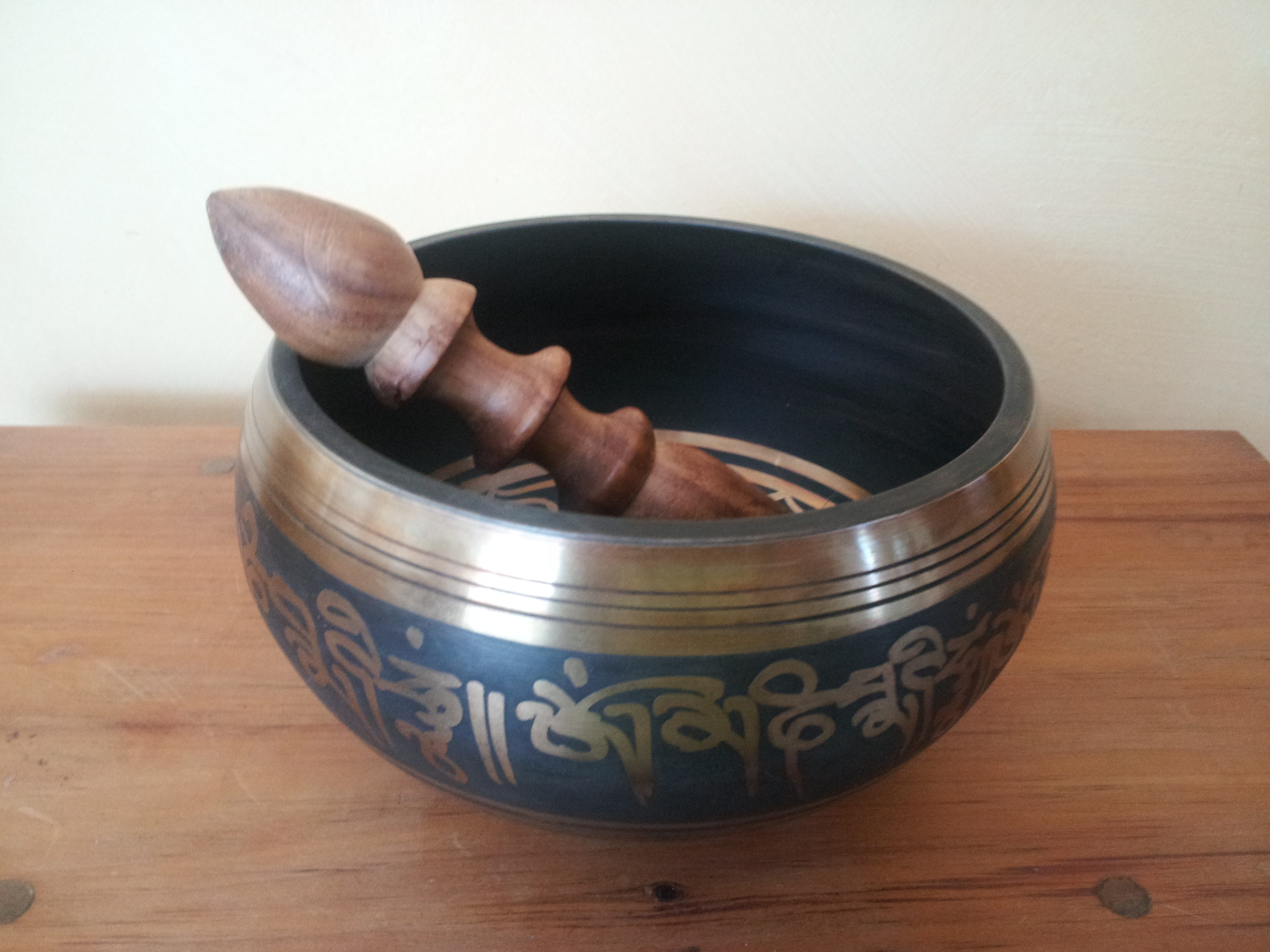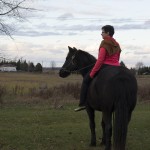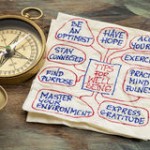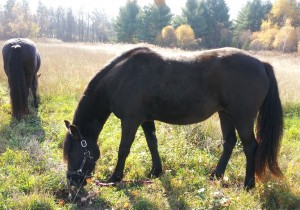
I’m trying to upgrade my site to allow you to register and pay online for our new Mindfulness Skills for Well-Being course starting May 7th. I apologize for any delays in signing up.
Exercises or workshops to increase our individual mindfulness and well being.

(Shutterstock*)
Nearly twenty years ago, I did a workshop with Jon Kabat-Zinn, Ph.D., whose first book “Full Catastrophe Living” and overall teachings have had a lasting influence on me. This book is a classic on the topic of mindfulness and it has played a spiritual role in both bringing this practice into the Integrative Medicine World as well as in developing the method we teach our patients on how to deal with stress.
I would like to share with you the Seven Essentials of Mindfulness Practice, adapted from this great book.
Be an impartial witness to your experience. Observing without judging helps you see what is on your mind without editing or intellectualizing it, or getting lost in your thoughts.
No goal other than to be yourself. It is not about achieving bliss, relaxation or anything else.
A willingness to see things the way they are. By fully accepting what each moment offers, you are able to experience life much more completely.
Of thoughts, ideas, things, events, desires, views, hopes and experiences, both pleasant and unpleasant. Allowing things to be as they are, without getting caught up in our attachment to or rejection of them. It means to give up resisting or struggling and allowing things to be as they are. Watching your breath as it goes in and out is an excellent starting place for this practice of letting go.
Free of expectations from past experience. Remove the attachment of the past and just be. Watch the moments unfold, with no agenda other than to be fully present. Use the breath as an anchor to tether your attention to the present moment.
Remembering that things must unfold in their own time. An alternative to the mind’s restlessness and impatience. Not letting our anxieties and desire for certain results dominate the quality of the moment.
In yourself and your feelings. A feeling of confidence that things can unfold within a dependable framework that embodies order and integrity.
This article was originally published on www.drfranklipman.com. Read the original here.
*Image of “stone path” via Shutterstock

We are all human beings and thus subject to the ups and downs of living – because not even the richest or the smartest or the most positive can avoid suffering.

“We don’t offer you mindfulness as a cure for your disease. Rather it holds the possibility of vastly enriching your life, helping you cope with symptoms and side effects, and improving the quality of your days. Mindfulness may also enhance your immune system’s performance and help reduce harmful levels of stress hormones in your body, changes that can only be beneficial.” (Ref: Mindfulness-Based Cancer Recovery, by Linda E. Carlson and Michael Speca)

We associate mindfulness with increasing our well-being, but it is not often that we consider that it could be beneficial for our responsibilities as managers and leaders. The very qualities of clear thinking, balance and insight that we hope our leaders epitomize are benefits that can be gained from practicing mindfulness.
Just as an athletic skill can be trained and refined with practice so to can skillful decision-making be improved. The attached article at http://preview.tinyurl.com/mwghvmu is a good jumping off point for aspiring leaders. If you want to make your boss look good you could even share it with them!
You can join me at my Drop in Meditation Practices in Ottawa on Monday evenings if you want to improve your edge. Send me your contact info to let me know you will be joining us.
[contact-form][contact-field label=’Name’ type=’name’ required=’1’/][contact-field label=’Email’ type=’email’ required=’1’/][contact-field label=’Comment’ type=’textarea’ required=’1’/][/contact-form]
Keep your hands warm – your heart will follow. When you want to be particularly compassionate, cradle a mug of warm tea or coffee in your hands. Consider this when you are going into a particularly difficult encounter with someone. Who knows you may change the outcome!
Lawrence Williams and John Bargh, in a Yale University study, discovered that warm hands enhance a person’s emotional warmth.

I started taking an 8 week Mindfulness Program in September, and I am very pleased to be a part of this Program. It is somewhat intimidating, because at the Orientation meeting and at the first week’s session, we were reminded that we must commit fully to taking this course, we can’t coast through it; some of us might not finish it.
I wasn’t worried, I already was meditating and really was passionate about how this can be helpful. I was surprised therefore to find that I was very resistant to listening to the recorded meditation for the first week.
My attempts at meditating twice a day did not go smoothly: the first session I stopped it after 10 minutes. I didn’t like the speaker’s voice; I couldn’t focus on my body; I was restless. I started thinking about how the recorded meditation could be improved; rather than being aware of my body. The next time, I tried meditating on my back deck in the warm sun. Shanti, my cat, wandered over my belly exploring this new aspect of me. The train whistle I could notice and let go; however, I could not ignore the mosquitoes! They got in a few really good feedings on my legs, making my left leg bounce up and down in an attempt to dislodge them. Safely indoors for my evening session of meditation, I could not concentrate; I’d drift off and then realize with a start that I had missed the whole right leg! Finally I tried experimenting with other body scan recordings and found one that I could settle better with. I also sat up so that I didn’t drift off during the meditation.
At the Second Week’s Group session, I went on at length about all the things that the course leaders could “improve upon” for the next time; anxious to show how valuable my experience as a process improvement specialist would be to the group.

What I forgot to do is to ask myself before I spoke: “Are these words truthful and beneficial to me and to others? Will they bring peace, or will they create problems?” I think now that they were not mindfully spoken, that I could have taken the course leader aside at the end of the session and identified those things that could be improved (If really necessary). By speaking my concerns in front of the group – I was raising the negative energy and perhaps fostering doubts in others about the usefulness of the meditation. I need to lay my Ego aside, and contribute in a positive way to this program – and not worry about being an expert in anything.
I accept this lesson gratefully, it shows me that I can learn a lot about being mindful in my thoughts and words. I am finding that I am becoming more patient every day and smiling a lot more. Sunglasses are strongly advised!
Peace.
